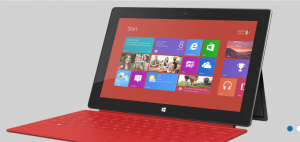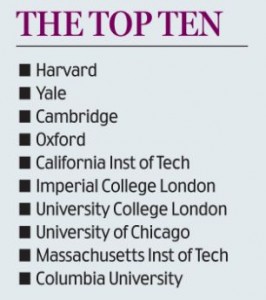Microsoft has stomped the floor of newsroom of technology recently with its launching of new system Windows 8 and tablet Surface. Many say that this is a risky move especially after the release of iPad Mini from Microsoft’s deadly rival–Apple.
Going through its timeline, it is not difficult to notice that the company has been going downhill for quite a while–from pocket PC, to Windows Mobile to Windows Phone, little has come out to Microsoft’s favour.
Reviews came out shortly after the new products’ releases. One of them, from the CBC News, is the “Windows 8 and Surface: 10 things to know” which points 5 pluses as easily as to 5 minuses. One of the downsides has caught my attention: the lack of apps.
Lacking apps has been the a lethal issue which has caused the downfall of numerous “once-upon-a-time” tech giants–Nokia, Sony, LG etc. Adversely, app is also one of the secret ingredients to success for Apple and Android.
I’m very interested in seeing how these two products will turn out in the market; whether it will help Microsoft to regain its market share or be the last grasp of the company.




